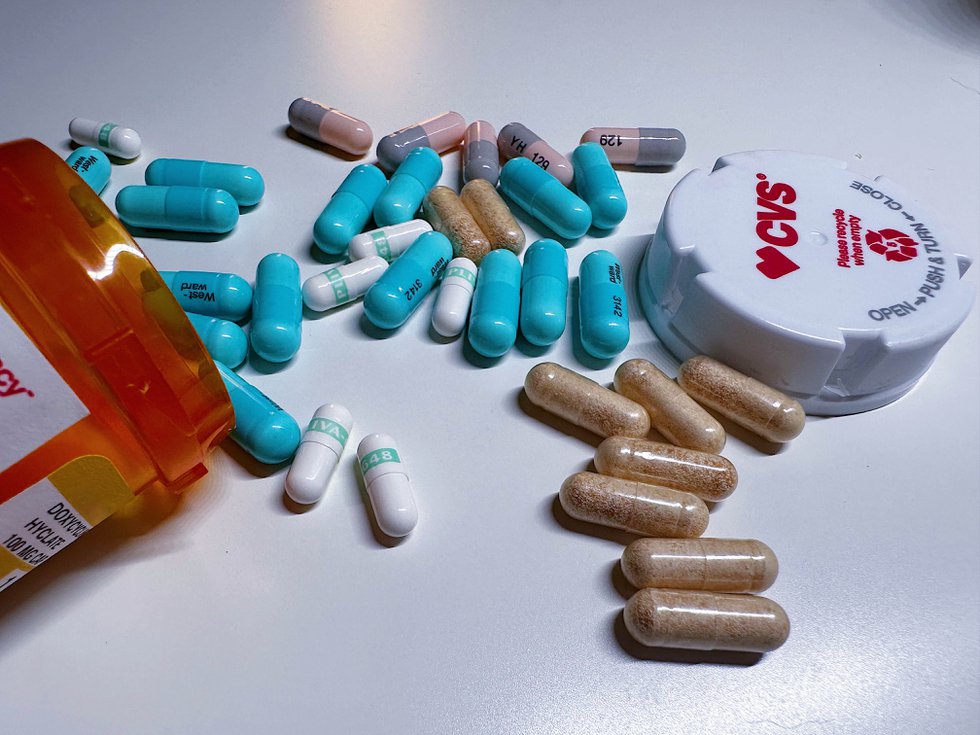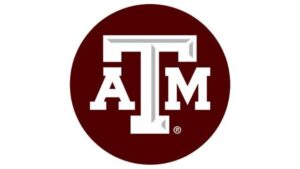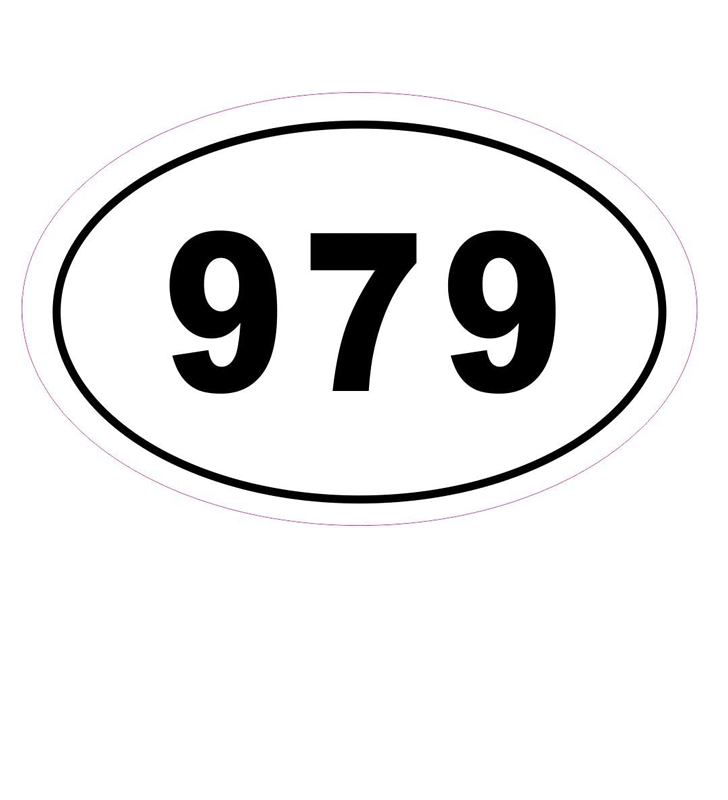Photo by Caroline Dollar
As pharmacies continue to experience medication shortages across the nation, psychiatrists are grappling with alternative treatment options and a constant concern for patients who cannot access their prescriptions.
Dextroamphetamine-amphetamine, commonly known as Adderall, is a stimulant that is often used to treat attention-deficit/hyperactivity disorder (ADHD). In 2022, the Food and Drug Administration (FDA) declared an official shortage of Adderall, citing manufacturing issues and delays as the primary cause. However, with the shortage still in effect two years later, the cause continues to spark debate, according to Medscape Medical News.
“Manufacturers and federal agencies blame the shortage on rising demand and each other, while clinicians say that insurers, drug distributors and middlemen are also playing a role in keeping medications out of patients’ hands,” writes Medscape contributor Alicia Ault.
Billie Morgan, the owner of Morgan Virtual Psychiatry located in Bryan, says there are several reasons that the shortage is occurring, one of them being that many are turning to stimulants as a go-to treatment for ADHD.
“I think this is a layered cake,” Billie says. “That’s what I think. Do we have a lot of people who don’t go to therapy when they have ADHD? Yes, we do.”
Therapy in combination with stimulants increases the likelihood of a patient lessening the effects of ADHD, Billie says. In addition, therapy could potentially decrease the patient’s need for medications over time.
“[Patients] rely heavily on the medication to do the work, but it doesn’t do all the work,” Billie says. “We know there is no cure for what is going on in an ADHD brain. There is no 24-hour medication. It’s not going to be a cure, and I tell people, ‘You might get better by 30 to 40 percent. [In the] best case scenario, you might get more than that. You might be one of the few.’”
According to a 2017 study in the National Library of Medicine, behavioral therapy was the only non-pharmacological treatment with a significant effect on the management of ADHD, while a treatment that combined both behavioral therapy and stimulant medication displayed the best results among all ADHD interventions.1
Michelle Costlow, a psychiatrist at Morgan Virtual Psychiatry, emphasizes that therapy is proven to be very effective for patients struggling with ADHD. With the combination of tools provided by treatment and prescribed medication, the negative effects of ADHD can be alleviated.
“I always tell my patients … therapy is the batter and the medication is the icing,” Michelle says. “You [can] do cognitive behavioral therapy and extra classes. They teach you things on how to organize, how to sort things, you might do color coding. They give you tools to work with so you don’t have to rely on medication.”
Michelle explains Morgan Virtual’s process for prescribing stimulants: patients must first try two to three non-stimulant medications to determine if a stimulant is necessary. Once a patient starts taking a stimulant, it can be hard to stop, so exploring alternatives is an important first step, she says.
“Our company is not even prescribing stimulants because there’s such a shortage in all of them, so we always do the non-stimulants,” Michelle says. “When I do get a patient in Texas, we try two to three non-stimulants. If [these] do not work, then they have to find a PCP (primary care physician) that will [prescribe] a stimulant and they’re always coming back to me stating, ‘I can’t find anybody, they won’t write it because there’s a shortage, they can’t get them.’”
Stimulants work by elevating the dopamine in the user’s brain. This allows chemicals in the brain to regulate the individual’s attention abilities, thus allowing the effects of ADHD to decrease.2
“Stimulants are the most common type of prescription medication healthcare providers use to treat ADHD,” Cleveland Clinic’s website states. “Despite their name, stimulants don’t work by increasing your stimulation. Rather, they work by increasing levels of certain chemicals (neurotransmitters) in your brain called dopamine and norepinephrine.”
It can become frustrating for clients who have tried several non-stimulants to no avail, adds Michelle. When patients are finally prescribed a stimulant, they may hit a discouraging wall when the pharmacy is unable to provide them with the necessary medications.
“I’ll give you an example, my own daughter is on Adderall and she can’t find anybody here in the state of Texas, to give her Adderall,” Michelle says. “So they’re trying her on non-stimulants now, and they’re not working. So it’s really sad as there are some people out there that really do need stimulants, and the non-stimulants don’t work in those cases.”
Some patients are so desperate to receive the prescribed medication that they have moved states in hopes of dodging the shortage. However, the shortage goes beyond state borders and is spreading to more places, making it increasingly difficult to access stimulants.
“[Patients will] go to a different state, and somehow they’ll get it in a different state,” Michelle says. “I have actually two patients that have moved to New Mexico for this reason.
Without necessary treatment, ADHD can cause those affected to lose focus and make critical mistakes. This can be detrimental in work and school environments and affects their day-to-day lives in ways that can be disastrous, says Billie.
“I have someone right now who is really struggling with [getting medication] and it’s really affecting her job,” Billie says. “She’s a nurse, and she’s forgetting to put in her [patient’s] insulin numbers.”
Medication shortages can impact individuals’ ability to participate in daily tasks, leading to detrimental consequences in their professional, educational and personal lives.
“My granddaughter, is 12 years old and she’s on Vyvanse,” Michelle says. “She’s actually tried out three different stimulants and they finally found a stimulant that works for her, but now she can’t get it filled when it’s due, so she’ll go a week to two weeks during school falling behind in everything because she can’t get her medication filled.”
For more information on the shortage and how prevalent the issue is, visit fda.gov. To consult with a psychiatrist, visit Morgan Virtual Psychiatry located at 3201 University Drive East Suite 240 in Bryan.
1 “The pharmacological and non-pharmacological treatment of attention deficit hyperactivity disorder in children and adolescents: A systematic review with network meta-analyses of randomised trials,” Catalá-López, et. al.
2 “ADHD Medication,” Cleveland Clinic overview



